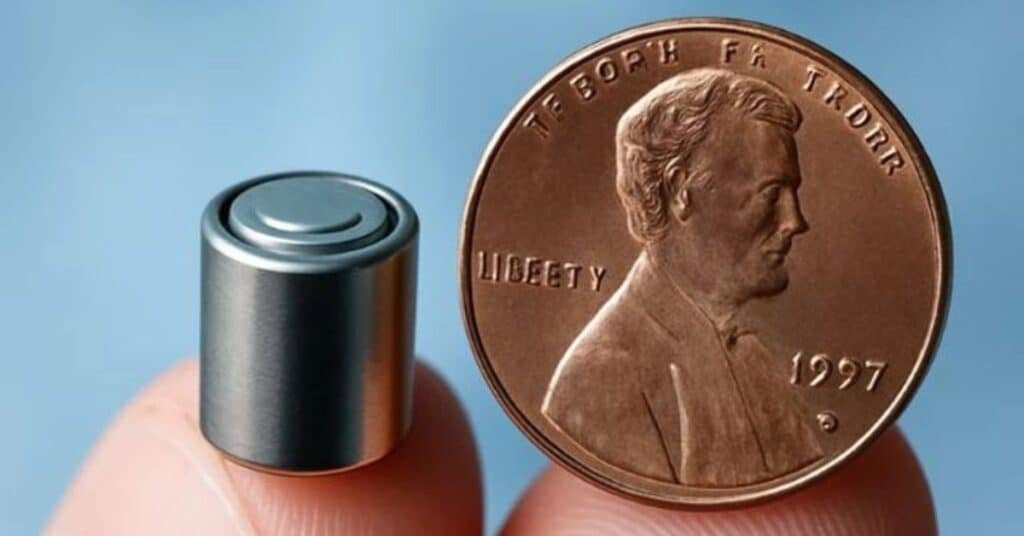BEIJING (Kashmir English): In a major energy breakthrough, China has unveiled a miniaturised nuclear battery that could last up to 100 years.
The development could, for sure, transform the future of energy storage.
In January last year, Beijing-based company Betavolt had introduced the BV100, a coin-sized battery powered by Nickel-63, capable of lasting up to 50 years without requiring a recharge.
The battery is being used in aerospace and medical devices to consumer electronics while the production is already underway.
Building on this momentum, Northwest Normal University announced a new nuclear battery powered by Carbon-14, boasting a potential lifespan of up to 100 years.
Despite the rarity of Carbon-14, China has developed a commercial reactor to extract it—suggesting its ambition to dominate the entire nuclear battery supply chain, much like it did with solar panel production.
Tritium-based nuclear battery
As China takes the lead, other world players are striving to close the gap. City Labs in the U.S. is developing a tritium-based nuclear battery with a 20-year life, preferably to be used in medical sector.
Arkenlight of Britain is also in the process of developing a battery made from nuclear waste.
On the other hand, Kronos Advanced Technologies and Yasheng Group, two American firms, have joined hands to expand nuclear battery research.
Several Asian and European countries are also pursuing similar technologies.
Although the concept of nuclear batteries dates back to the 1950s in the US, widespread use faced a delay over safety and longevity concerns.
These days, those shortcomings are being reassessed in light of growing demand for longer-lasting, sustainable energy sources with China currently holding a technological and production lead.
Experts believe the global energy landscape could be reshaped as these innovations mature.
Once considered a niche idea, Nuclear batteries now offer a promising long-term solution for powering everything from medical implants to deep space missions.




